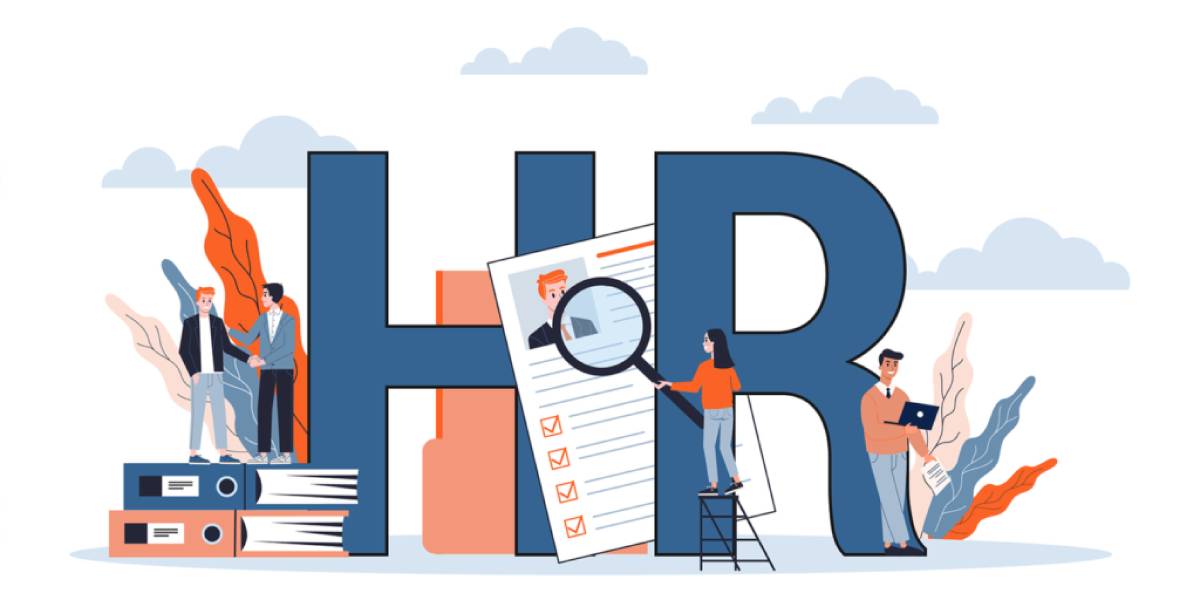Defining C-Level Jobs
C-level jobs (Chief-level jobs) are the highest tier of executive jobs within an organization. These executives hold job titles such as CEO (Chief Executive Officer), CFO (Chief Financial Officer), CTO (Chief Technology Officer), etc. They are viewed as the highest level of decision-makers in the company.
They are primarily in charge of developing the company’s vision and strategies. They determine the big directional choices of the company and how to move in that direction. They also manage the work of other employees to make sure that everyone is aligned with the same objectives.
This category of managers is usually highly paid and their work is significantly different from other employees as they carry a big load of responsibility and impact on the organization’s success. The number of C-level job positions depends on factors, such as the size of the company, the sector of activity, and its objectives.
C-Level employee
A C-level employee is commonly referred to as a C-suite executive, which is a term used to describe a person who holds one of the highest ranks in the company’s leadership hierarchy. The title “C-Level” is a reference to the titles these executives hold, which usually start with the word “Chief”. These top executives work from the highest point of an organization and play a critical role in determining the strategic direction of an enterprise that leads to either make or break the enterprise.
C-level employees are defined by the range of their duties which include leadership and decision-making for specific functional areas and the company in general. These executives form the C-Suite, a core leadership team that works together to take on some difficult issues and lead the company toward achieving its goals.
Common C-Level Job Titles
- Chief Executive Officer (CEO): The CEO is the highest-ranking executive, responsible for the overall vision, strategy, and success of the organization. They provide leadership, make key decisions, and represent the company externally.
- Chief Financial Officer (CFO): The CFO is the financial steward of the organization, managing financial planning, reporting, and ensuring the company’s fiscal health. They play a pivotal role in strategic financial decision-making.
- Chief Operating Officer (COO): Focused on operational excellence, the COO oversees day-to-day operations, translating strategic goals into actionable plans. They play a key role in ensuring efficiency and effectiveness.
- Chief Technology Officer (CTO): Responsible for the technological vision and strategy, the CTO oversees the development and implementation of technology solutions aligned with business objectives.
- Chief Marketing Officer (CMO): The CMO is the driving force behind the company’s marketing efforts, shaping brand perception, customer engagement, and market positioning.
C-Level Recruitment
The Art of Identifying C-Level Talent:
Recruiting for C-level positions is a nuanced process that goes beyond traditional hiring methods. It involves identifying individuals with not only the requisite skills and expertise but also the vision and leadership qualities aligned with the company’s mission.
C-level recruitment often leverages executive search firms, networking, and targeted outreach to attract top-tier talent. This meticulous process aims to ensure a seamless fit between the candidate’s capabilities and the organization’s strategic goals.
Challenges and Considerations in C-Level Recruitment
While C-level job recruitment is essential for organizational success, it comes with unique challenges. Ensuring cultural alignment, evaluating leadership qualities, and forecasting the candidate’s impact on the company’s future are critical considerations. Additionally, the competitive landscape for top executive talent necessitates a comprehensive approach to attract and retain the best candidates.
FAQs
In a business context, a C-Level Employee refers to a high-ranking executive holding a leadership position with titles starting with “Chief.” These individuals operate at the highest echelon of the organizational hierarchy, contributing to strategic decision-making and the overall success of the company.
C-Level Employees include executives such as Chief Executive Officer (CEO), Chief Financial Officer (CFO), Chief Operating Officer (COO), Chief Technology Officer (CTO), Chief Marketing Officer (CMO), and Chief Human Resources Officer (CHRO). These leaders oversee crucial functions within the organization.
C-level recruitment involves a more meticulous approach, often requiring executive search firms to identify suitable candidates. It encompasses thorough background checks, multiple interviews, and evaluations to ensure alignment with the company’s vision and culture.
Yes, depending on the size and needs of the organization, there can be multiple C-level roles, each focusing on different aspects such as operations, finance, information technology, marketing, etc.
Challenges include finding candidates with the right mix of experience and skills, cultural fit, compensation negotiations, and the complexity of onboarding them into high-stakes roles in the company.

